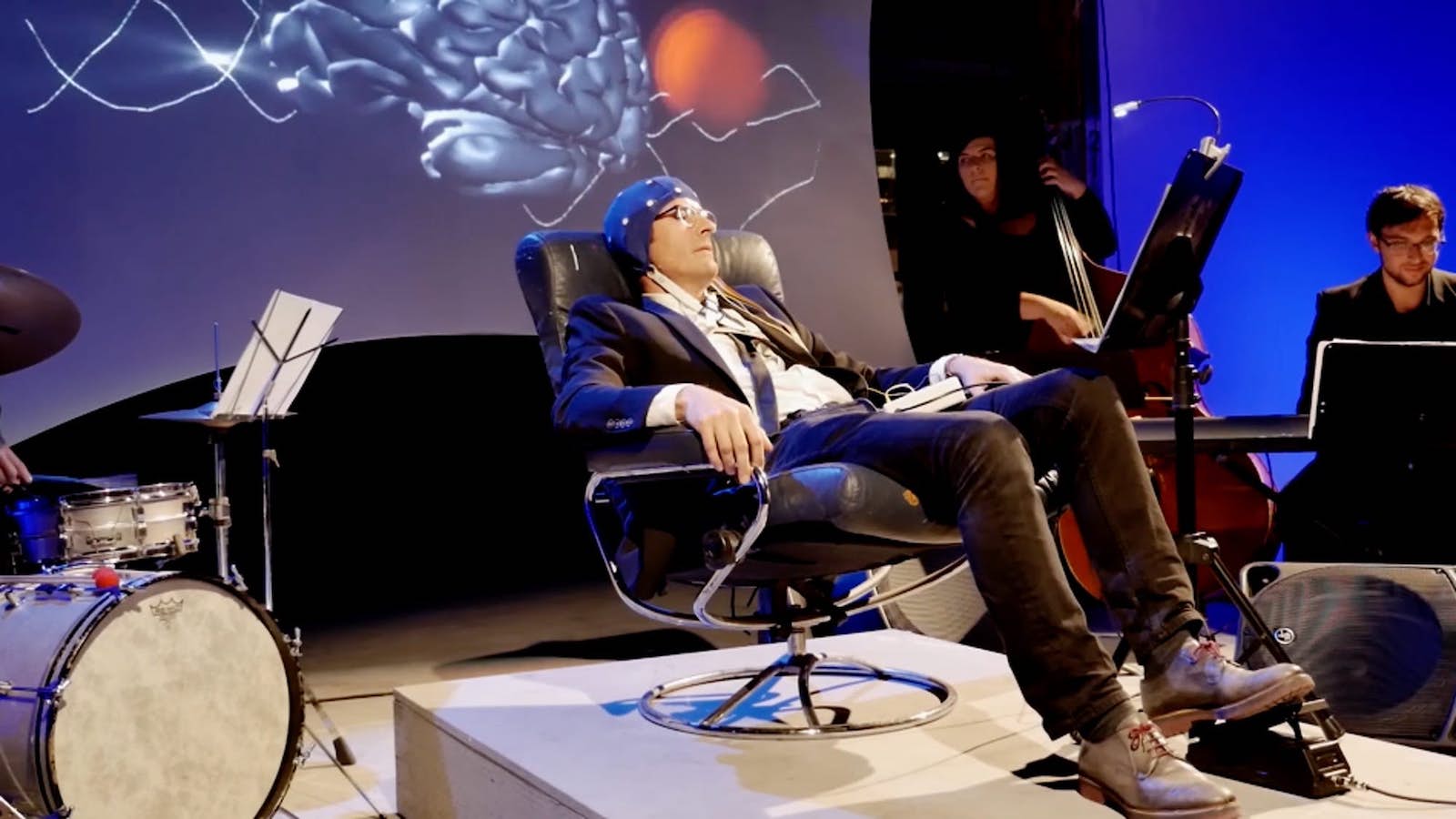This astounding machine lets you create music using just your mind
Encephalophone turns your thoughts into tunes

Sign up for breaking news, reviews, opinion, top tech deals, and more.
You are now subscribed
Your newsletter sign-up was successful
Elon Musk is most definitely not the first person to want to augment the human brain’s capabilities with computers – scientists around the world have been experimenting with brain-computer interfaces for some years now.
Today, it’s already possible to mentally control prosthetic limbs, helping the disabled make their way in the world. Both wheelchairs and drones have been mind-controlled and you can even control what you watch with your mind these days!
Now, using the existing technology of electroencephalography (EEG) – an interface that measures brain signals – neurologists at the University of Washington have created what they've christened the Encephalophone.
Simply put, the Encephalophone is a cap-like device that collects brain signals and transforms them into musical notes that get played on a paired-up synthesizer.
The research on this device has been published in the journal Frontiers in Human Neuroscience and the team behind it hopes it will one day be used to help patients with motor-neuron disabilities.
Musically minded
How the Encephalophone will help the disabled is still a work in progress, but its musical abilities were put to the test by 15 healthy participants recently who had no prior training.
Once the brain cap is donned, the device collects two types of brain signals – one produced in the visual cortex, the other in the motor cortex (the part of the brain that deals with movement). The signal’s frequency is then used to create a musical scale, which can be made to sound like a range of instruments (albeit not exactly a full symphony orchestra) thanks to the paired synthesizer – no hands required to play.
Sign up for breaking news, reviews, opinion, top tech deals, and more.
The team now wants to continue working on the device, tweaking it to perfection. Once polished, however, it will not only be a source of fun for the non-musical (or a tool for extremely lazy/wealthy musicians), but it’s hoped that it will have therapeutic benefits for amputees and patients suffering from paralysis or the effects of a brain stroke.
[Via Digital Trends; image courtesy University of Washington]
- Learn more about how the US military plans to control your mind and help you learn faster.

While she's happiest with a camera in her hand, Sharmishta's main priority is being TechRadar's APAC Managing Editor, looking after the day-to-day functioning of the Australian, New Zealand and Singapore editions of the site, steering everything from news and reviews to ecommerce content like deals and coupon codes. While she loves reviewing cameras and lenses when she can, she's also an avid reader and has become quite the expert on ereaders and E Ink writing tablets, having appeared on Singaporean radio to talk about these underrated devices. Other than her duties at TechRadar, she's also the Managing Editor of the Australian edition of Digital Camera World, and writes for Tom's Guide and T3.